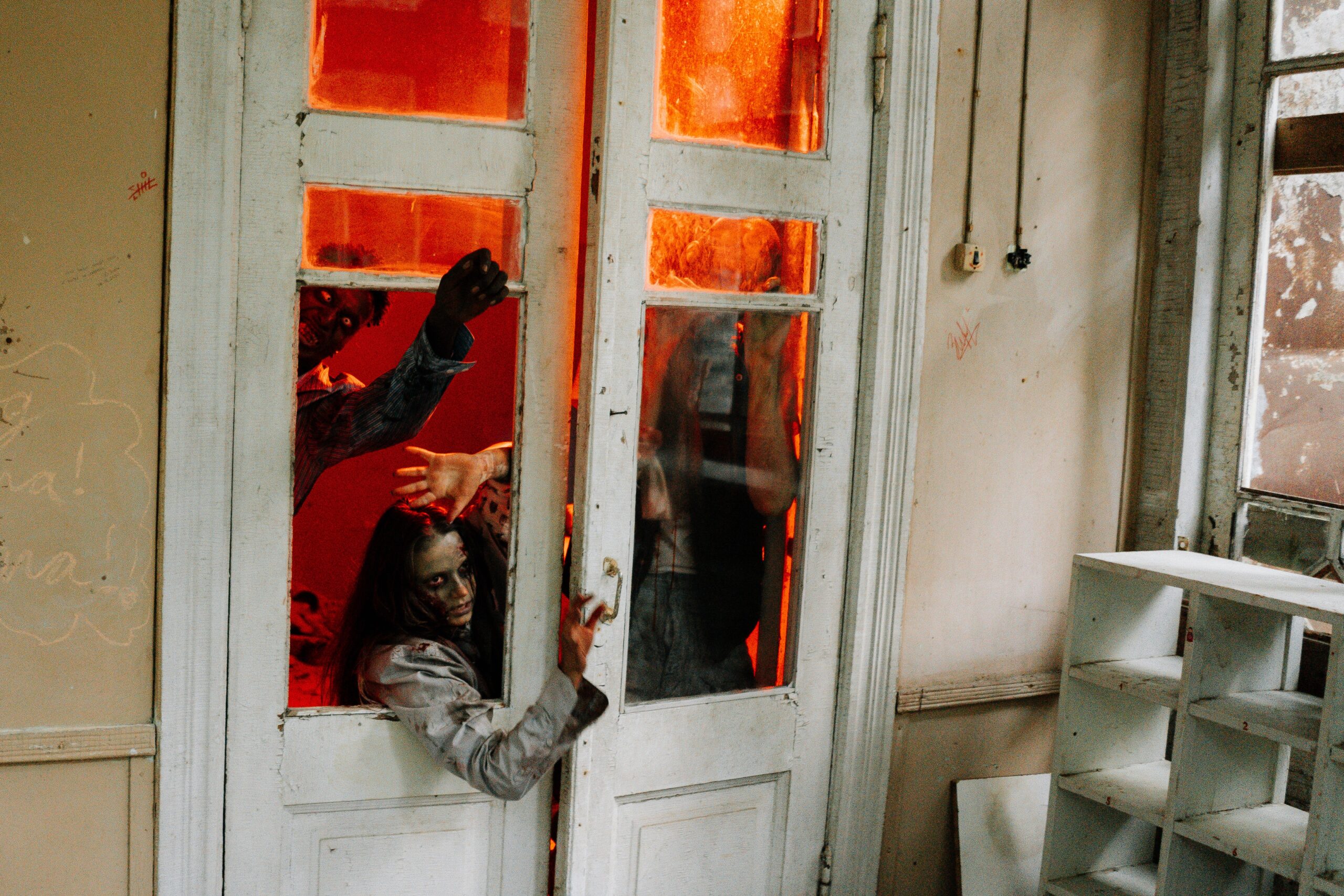It’s the Halloween season, which means jack-o-lanterns, trick-or-treating, pumpkin patches, and haunted houses. While haunted house attractions are designed to be an exhilarating and enjoyable experience, they can be quite dangerous. After all, these structures are purposely constructed to evoke fear in individuals navigating through the dark. If you’ve been injured while navigating a haunted house, you may be entitled to significant compensation. However, many people question whether they can pursue legal action as they signed a liability waiver before entering the premises. Please continue reading to learn what legal options may exist after a haunted house injury and how our skilled Prince George’s County Personal Injury Lawyers can help you fight for the just compensation you may be entitled to for your damages.
If you sign a liability waiver, would it bar you from recovery?
In most cases, to shield themselves from liability, haunted houses require their customers to sign a waiver stipulating that they cannot sue in the event of an injury. Before you sign a liability waiver, ensure you understand the disclaimer to avoid relinquishing legal rights you’re uncomfortable with. If you are uncomfortable signing away certain rights, you should leave the haunted house. However, if you do sign the waiver, that does not mean you are completely barred from recovery in the event of an injury. Often, these waivers only include foreseeable risks of harm within a haunted house. Therefore, the waiver is likely not specific enough to bar you from pursuing compensation. Ultimately, signing a liability waiver does not mean you have signed all your rights away.
When am I entitled to take legal action for a haunted house injury?
When you choose to enter a haunted house, you essentially agree to take on the potential risks of danger. This is known as the “assumption of risk.” This legal doctrine is a concept that means you can’t sue for damages if you’re injured in a haunted house because you willingly expose yourself to a known danger. In other words, if you’re aware of the potential risks associated with entering a haunted house and still decide to go in, you can’t take legal action as you know the potential risks of entering the attraction. Therefore, if you were injured due to poor visibility, running from a scary character, or another foreseeable risk, you could not take legal action for your damages.
In Maryland, property owners have a legal obligation to maintain reasonably safe premises by remedying any dangerous property conditions or providing adequate warnings of potentially hazardous scenarios. Haunted houses owe their customers the highest duty of care as they are for-profit businesses. As such, if the appropriate parties fail to uphold their legal obligation to keep a safe environment for their customers, they can be held liable for any accidents and injuries that directly result from their negligence.
If you’re injured in a haunted house due to gross negligence, you need to enlist the help of a determined Prince George’s County personal injury lawyer from the legal team at Timian & Fawcett, LLC, who can help you fight for the compensation you deserve and need to get back on your feet.

